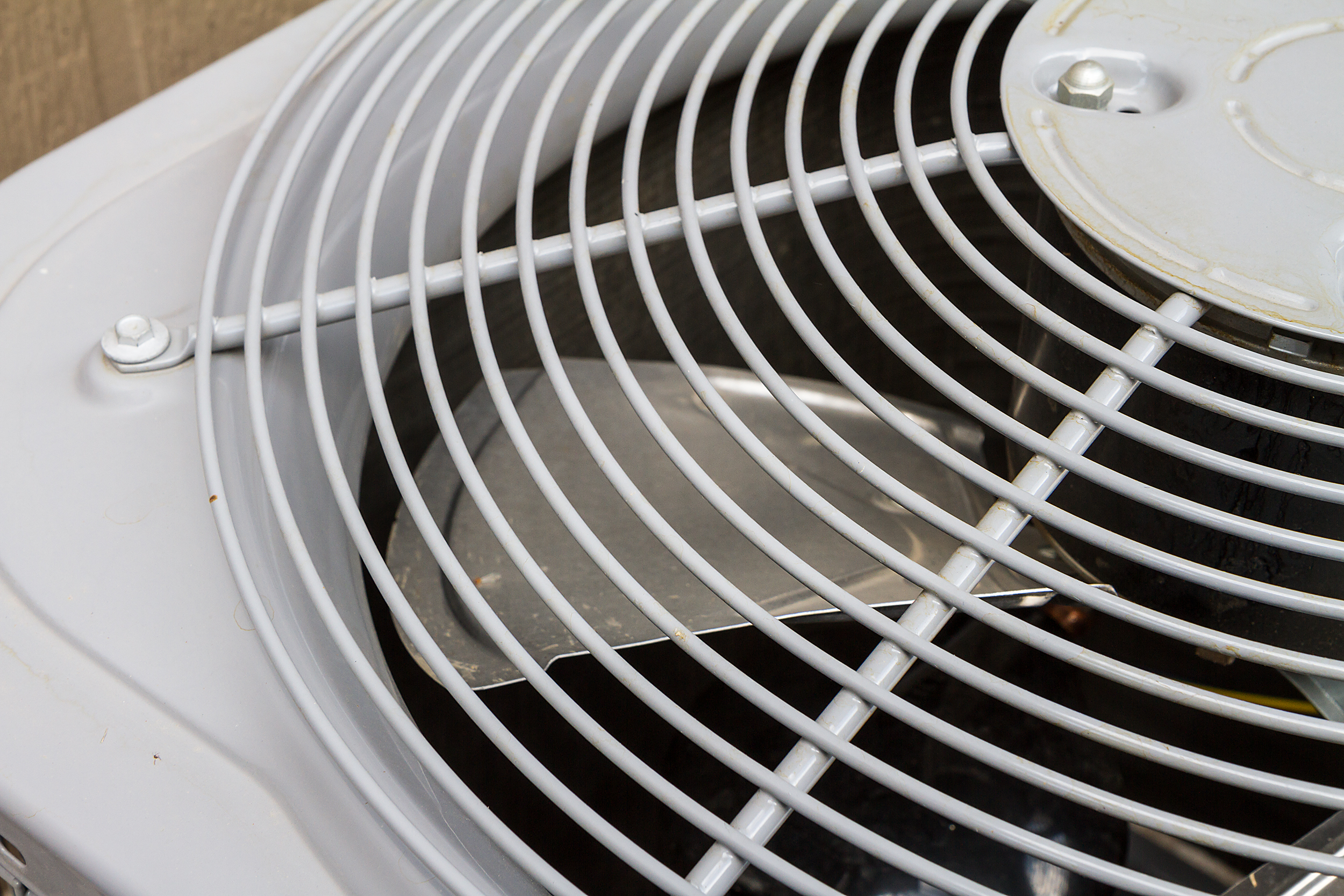Even the best HVAC equipment will need to be replaced over time. So how do you know it's time for a new HVAC system? Watch out for the following top HVAC replacement signs.
Age
Generally, HVAC systems last 10 to 15 years before requiring replacement. As they get older, they tend to become more prone to breakdowns. If your unit is older than 10 to 12 years old, chances are good that you'll need to replace it soon.
HVAC Problems Are Occurring More Frequently or Are Costly to Fix
If your system has needed HVAC repair service three or more times in the past few months, it's probably time to think about replacing it. The repairs you've paid for are prolonging the unit's life for only short periods. Rather than getting caught in the vicious cycle of repair — one of the key HVAC replacement signs — it's likely to be more economical to purchase a new system.
It's also advisable to invest in a new system if your older system needs an expensive repair, such as a new compressor.
Rising Energy Bills
Your HVAC system may need replacement if your energy bills suddenly shoot up inexplicably. The system may have worn-out and inefficient parts that need more energy to do their work. An HVAC technician can check the system to determine whether there's an issue with your thermostat or ductwork, or your unit could be nearing the end of its life span, which is one of the major HVAC replacement signs.
Your System Uses Freon
The Environmental Protection Agency (EPA) phased out R-22 refrigerant, commonly referred to as Freon. That helped ensure that new HVAC systems utilized more eco-friendly refrigerants. Freon is becoming more and more challenging to find, which has led to a spike in costs. Therefore, even routine maintenance of an air conditioner that runs on Freon can be a significant expense. If your system uses Freon, it's highly recommended that you consider replacing it.
When you notice these HVAC replacement signs, you can contact a trusted HVAC professional to assess the overall state of your system. For more helpful advice on replacing your HVAC system, contact Air Assurance. We provide HVAC repair, replacement, and maintenance services to Broken Arrow homeowners.








